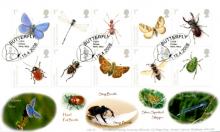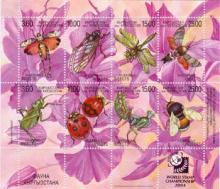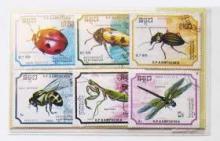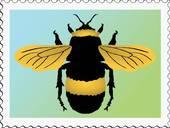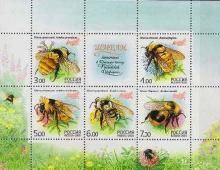Graham White (Beekeeper and Author): Defra, the ACP and the leading wildlife bodies must call for a complete ban on these poisons now, or we will suffer complete ecological disaster in this country
Dear Editor,
Sir Robert Watson, chief scientist at the Department of the Environment (Defra), has acted bravely in ordering a reassessment of the licensing of neonicotinoid pesticides in the UK.
Watson faces an uphill struggle; Defra, its Food and Environment Research Agency and the Advisory Committee on Pesticides have all resolutely ignored the many peer-reviewed studies from Europe, from as long ago as 1999, which proved the extreme toxicity of neoniocotinoids for honeybees, bumblebees and butterflies.
The wildlife NGOs are similarly in denial. With the honourable exception of Buglife, all have stood by silently as bees, pollinating insects, soil-invertebrates and farmland birds are wiped from the face of Britain's countryside.
Painful as it may be for Defra, the ACP and the leading wildlife bodies to admit that they got this wrong, they must call for a complete ban on these poisons now, or we will suffer complete ecological disaster in this country.


